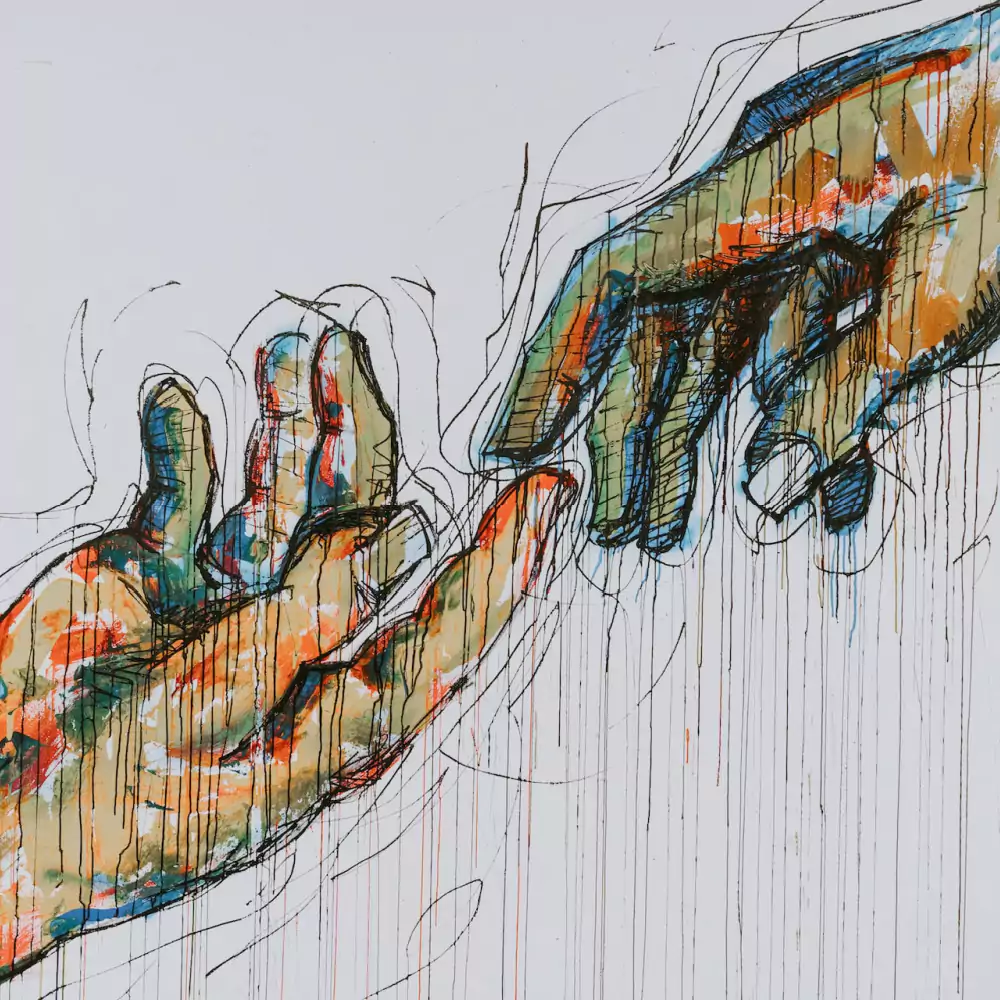
Drinking the Bitter Cup: Finding Purpose in What Hurts Most
Pain can be spiritually and existentially productive—it wakes us up, calls us deeper, and invites us toward transformation.

Pain can be spiritually and existentially productive—it wakes us up, calls us deeper, and invites us toward transformation.

Shaken by Ruby Franke’s story? That discomfort can be a call for self-reflection. Her case reveals how the obsession with image can distort values and lead to devastating choices.

Can Dionysus symbolize peace and tolerance? The myth suggests darker, more violent impulses.

Was President Holland’s BYU talk a message of love or exclusion? A closer look shows a narrative of faith and compassion.

How can Latter-day Saints best engage questions related to marriage, family, and sexuality? Through careful, prudent, public square dialogue.

Is academic freedom compromised at religious universities like BYU? To the contrary, BYU’s religious mission creates an environment of academic freedom rare among U.S. Universities.

We are often told that great sex requires us to break boundaries and follow our passions wherever they lead. But what if great sex requires us to take account of the moral value of ourselves and others?

The “expressive self” tells us that our feelings are the most important part of who we are. How does this impact our understanding of sex, gender, and marriage?

What if we become who we are by aligning ourselves with truth?

Influential voices tell us that to be yourself, you need to reject external sources of meaning—and follow “your truth.” But detaching authenticity from truth leads to emptiness, not fulfillment.

As long as we love ourselves more, so the popular precept goes, our happiness will also grow. Is that really true? Not if our self-love disregards the reality of truth and our need to love that most.

A greater awareness of sexual pleasure is not enough to confront the serious challenges young people face navigating sexuality in America today.